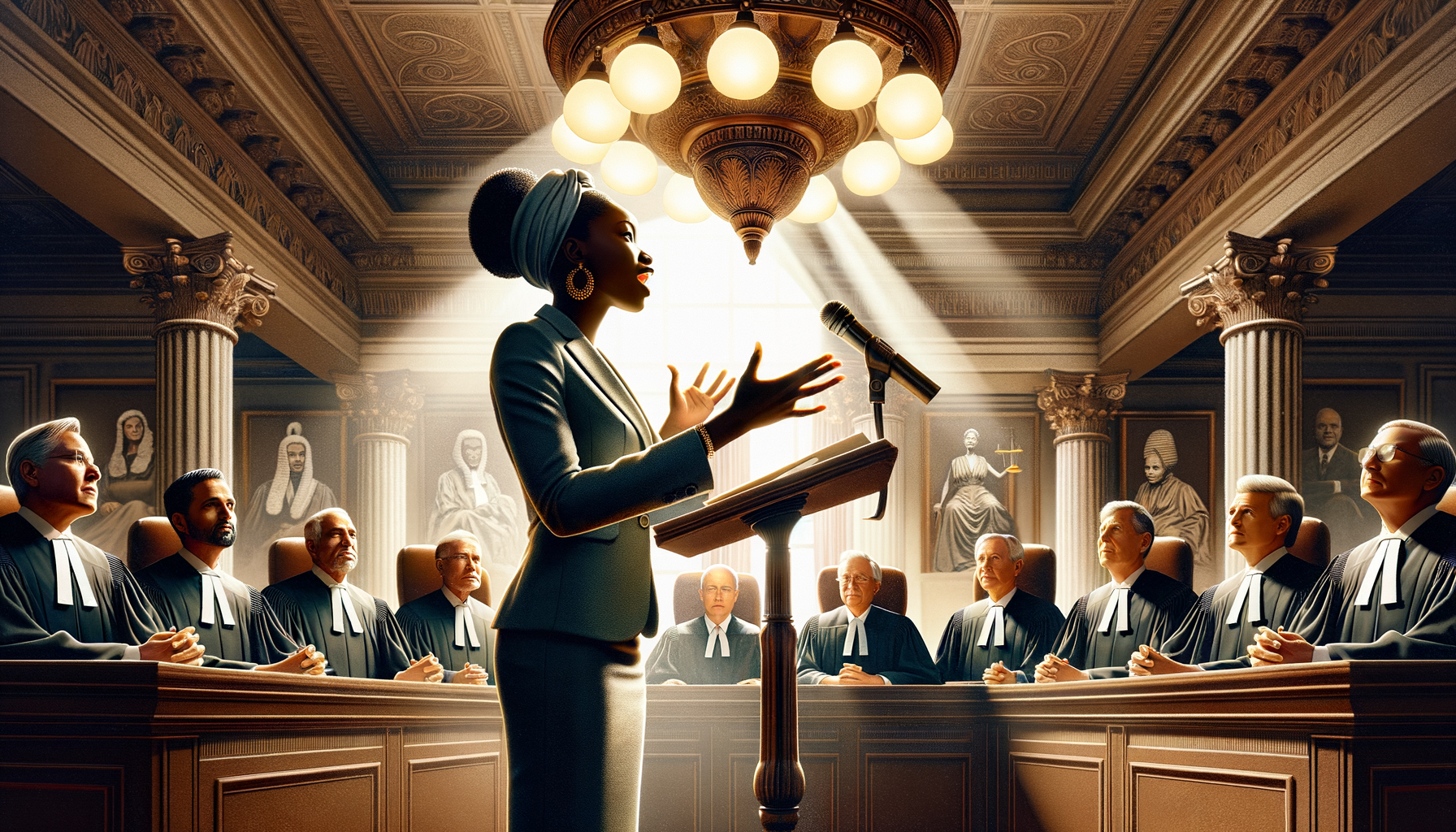Case Summary: Obergefell v. Hodges (2015)
- Issue: The fundamental issue in Obergefell v. Hodges is whether the Fourteenth Amendment requires a state to license a marriage between two people of the same sex and to recognize a same-sex marriage that was lawfully licensed and performed in another state.
-
Rule: The Due Process Clause of the Fourteenth Amendment guarantees the right to marry as one of the fundamental liberties it protects, and the Equal Protection Clause ensures that individuals are not denied that right without a sufficiently strong justification. Additionally, the Full Faith and Credit Clause requires states to recognize public acts, records, and judicial proceedings of every other state.
-
Application: The Court analyzed the nature of the fundamental right to marry, looking at its importance in individual autonomy, the association of two people within their private spheres, its safeguard for children and families, and its role as a keystone of the nation’s social order. It also considered whether gay and lesbian individuals were denied the same dignity respected in opposite-sex marriages. The Court examined whether excluding same-sex couples from marriage constituted a violation of the Equal Protection Clause by denying them the benefits legally afforded to opposite-sex couples.
-
Conclusion: The Supreme Court held that the Fourteenth Amendment requires a state to license a marriage between two people of the same sex and to recognize a same-sex marriage that was lawfully licensed and performed out of state. This conclusion was based on the concepts of liberty and equality, which the amendment aims to protect.
Detailed IRAC Outline: Obergefell v. Hodges (2015)
I. Issue
The detailed issue addressed by the Supreme Court was whether the Constitution grants same-sex couples the right to marry and whether states must recognize same-sex marriages performed in other jurisdictions. This issue encompasses both the Due Process and the Equal Protection Clauses of the Fourteenth Amendment.
II. Rule
The legal framework applied by the Court involved:
1. The Due Process Clause of the Fourteenth Amendment, which has been interpreted to protect certain fundamental rights, including the right to marry.
2. The Equal Protection Clause of the Fourteenth Amendment, which requires states to provide equal protection of the laws to all persons.
3. Previous precedents on the fundamental right to marry, such as Loving v. Virginia, which invalidated bans on interracial marriage.
III. Application
A. Due Process
- Personal Choice: The Court emphasized that the right to marry is inherent to the concept of individual autonomy.
- Two-Person Union: It recognized that marriage is a two-person union unlike any other in its importance to the committed individuals.
- Family Safeguard: Marriage safeguards children and families and draws meaning from related rights of childrearing, procreation, and education.
- Social Order: The Court underlined the importance of marriage as a keystone social institution that is deeply intertwined with the legal and social recognition of relationships.
B. Equal Protection
- Equal Dignity: The ruling considered the denial of equal dignity to same-sex couples, as previously established in United States v. Windsor, which struck down the Defense of Marriage Act.
- Practical Implications: The Court took into account the legal and financial harms inflicted on same-sex couples by denying them the benefits and recognition granted to opposite-sex couples.
- Arbitrary Exclusion: The Court evaluated whether excluding same-sex couples from marriage was an arbitrary or invidious form of discrimination, given the legal and historical understanding of equality.
IV. Conclusion
The Supreme Court ultimately concluded that the Fourteenth Amendment does indeed require states to (1) license marriages between two people of the same sex and (2) recognize lawful same-sex marriages performed in other states. This landmark decision was grounded in the principles of liberty and equality, recognizing that the right to personal choice regarding marriage is inherent to individual dignity and autonomy, and that the denial of this right to same-sex couples violated the Fourteenth Amendment’s promise of equal protection under the law.
